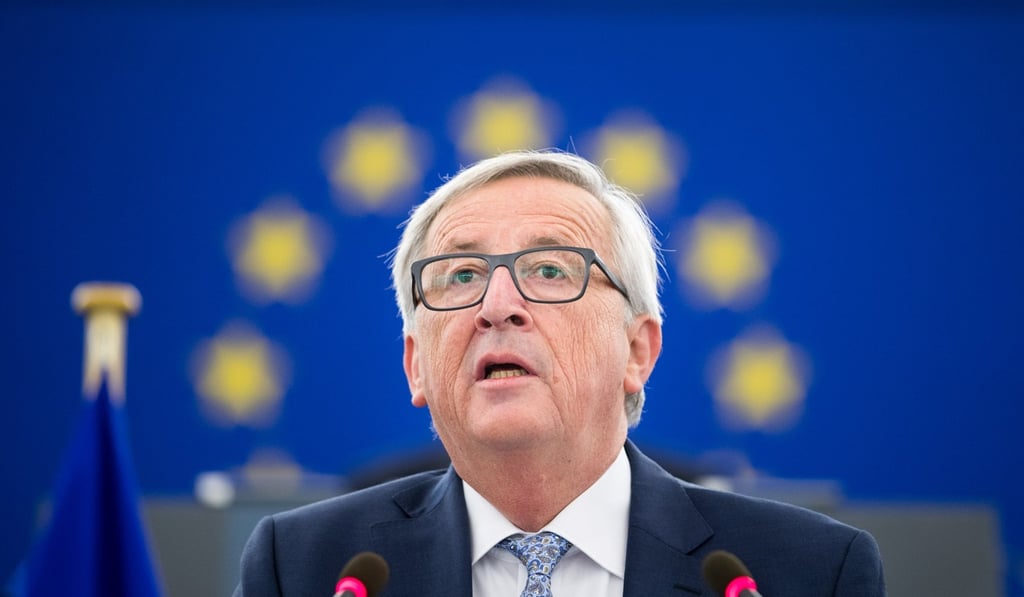Macroscope | If EC President Juncker has doubts about outcome of Italy’s election, markets should do too
A strong market reaction to election results in Italy and the failure to form a grand coalition government in Germany could weigh heavily on financial markets in the second half of March

There’s a lot of event risk in Europe this Sunday that could trigger market volatility on a broad scale. Markets, preoccupied by recently improving euro zone economic data, may be too complacent about the potential outcomes of national elections in Italy and a party vote in Germany which could stymie hopes for a new grand coalition government.
As it stands, opinion polls in Italy, the euro zone’s third largest economy, suggest that there will be no clear winner in the general election but that the centre-right coalition of Silvio Berlusconi’s Forza Italia and the Eurosceptic Northern League, led by Matteo Salvini, as well as the populist 5-Star Movement, will all poll well.
If the Northern League does end up playing a prominent role in a new Italian government investors should bear in mind that in January, Salvini characterised the euro as “a failed experiment that has hurt Italy’s economy”, adding that “a country that does not control its currency is not a free country”.
At the very least the election outcome could lead to prolonged political horse-trading. There was a risk of a “non-operational” government in Italy after March 4, European Commission President Jean-Claude Juncker was quoted as saying last week, adding that “a strong market reaction in the second half of March is possible”.
If Juncker has concerns, perhaps markets should have too, particularly given that Italy’s debt-to-gross domestic product, at 132 per cent in 2016, is the highest in the euro zone apart from Greece.

In fairness, although the bond market has largely so far shrugged off risk associated with the upcoming election, Italian government debt yields did tick up a little last week. At 2.07 per cent on Friday, the yield on Italy’s 10-year bond was up 8 basis points over the week, arguably nothing spectacular, but still the biggest weekly rise since December based on data from Tradeweb.
